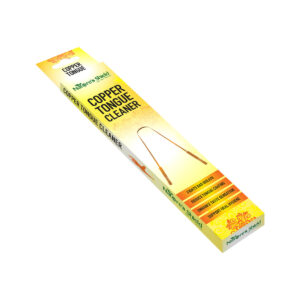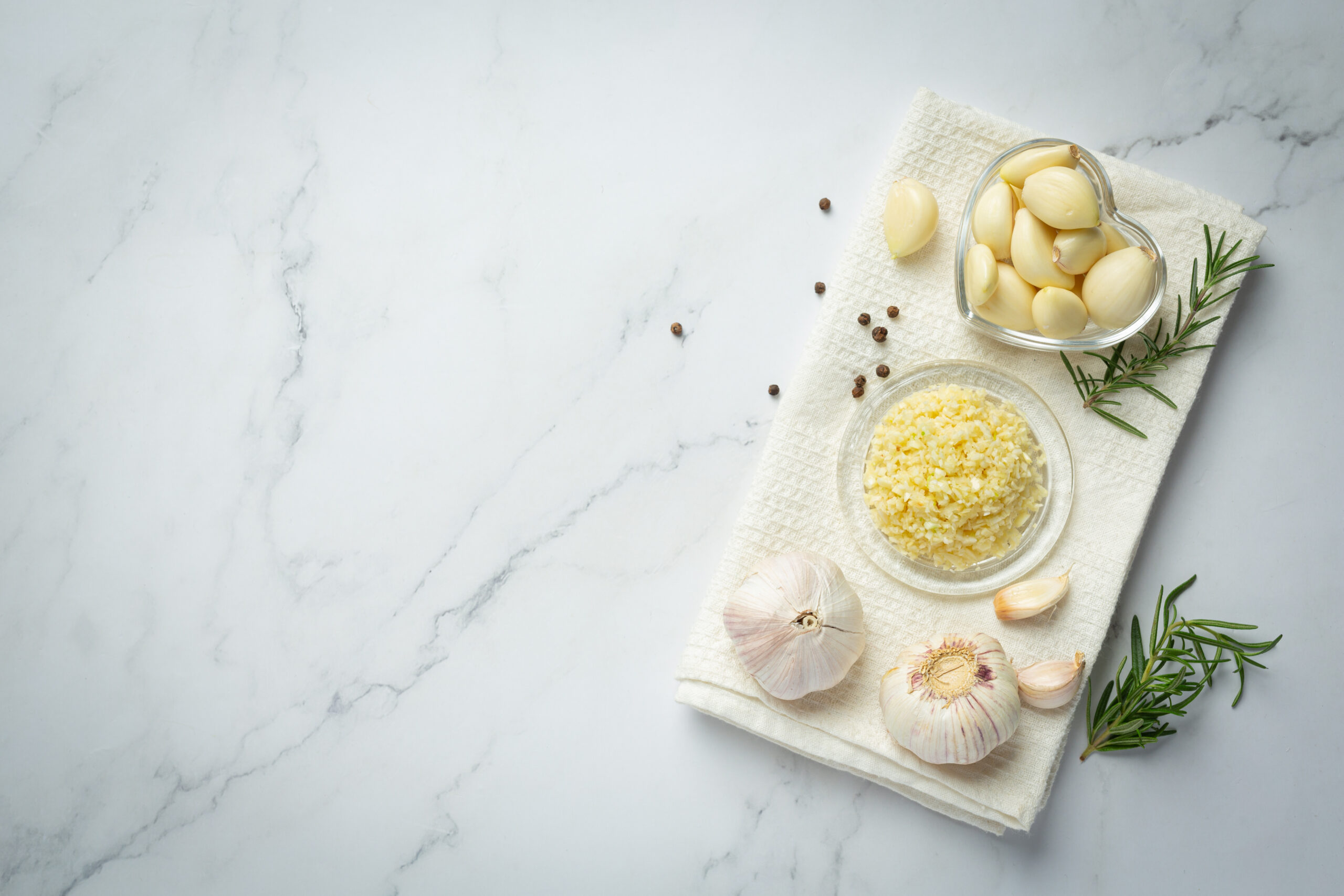Bloating and abdominal discomfort are common complaints, not only among those with irritable bowel syndrome (IBS) but also in generally healthy individuals. These symptoms often arise from the fermentation of undigested food by gut microbes. Medical advice often suggests antibiotics to control bacterial overgrowth or adhering to a low FODMAP diet for IBS, which restricts certain carbohydrates.
While these strategies do offer relief, they are not always permanent solutions, and symptoms may resurface after discontinuation.
What is the low FODMAP diet for IBS?
FODMAPs are a group of fermentable carbohydrates found in certain foods, including fruits, vegetables, grains, and dairy products. The acronym stands for Fermentable Oligosaccharides, Disaccharides, Monosaccharides, and Polyols. In individuals with irritable bowel syndrome (IBS), these FODMAPs can trigger digestive symptoms such as bloating, gas, abdominal pain, and altered bowel movements.
The low FODMAP diet is a short-term dietary approach that involves avoiding high-FODMAP foods to alleviate IBS symptoms. By reducing the intake of these fermentable carbohydrates, the diet aims to decrease their fermentation by gut bacteria, which can lead to excess gas production and discomfort in people with sensitive digestive systems.
In the short term, adhering to a low FODMAP diet can provide relief to many individuals with IBS, as it reduces the triggers for their symptoms. However, it’s important to note that the low FODMAP diet for IBS is not a long-term solution. Many high-FODMAP foods are also rich in essential nutrients and fibers that are beneficial for gut health.
How does the low FODMAP diet impact the gut microbiome?
More concerning is the impact these approaches can have on the delicate balance of the gut microbiome, affecting not only the small bowel but the entire ecosystem. Antibiotics can deplete diverse bacterial strains, and the low FODMAP diet starves beneficial bacteria like Faecalibacterium, Roseburia, Bifidobacterium, and others, leading to their decline.
Can prebiotics and synbiotics help IBS?
A promising alternative perspective, championed by Prof. Glenn Gibson, a leading figure in prebiotic and synbiotic research, suggests increasing the intake of specific prebiotics. This could promote the growth of Bifidobacteria, known to curb excessive gas production. Bifidobacteria, while fermenting sugars into short-chain fatty acids like lactate, are unable to produce gas. These acids are then converted into butyrate by other healthy bacteria like Faecalibacterium and Roseburia.
This hypothesis was examined in pilot studies where volunteers consumed a prebiotic named galacto-oligosaccharide. Although initial consumption led to increased gas, after 3 weeks, the gas levels returned to baseline, and microbial populations began to recover. The abundance of butyrate-producing bacteria increased, correlating inversely with gas volume, indicating the prebiotic’s potential to reduce gas.
Mediterranean diet versus low FODMAP diet for IBS?
A subsequent study showcased the change in microbiota metabolism after consuming the prebiotic, revealing a shift toward low-gas production pathways. A controlled study involving individuals with functional gastrointestinal issues compared the effects of the prebiotic supplement plus a Mediterranean-type diet to a low-FODMAP diet plus a placebo supplement. Both groups experienced symptom reduction, with the prebiotic group maintaining improved symptoms even after discontinuing the supplement. Strikingly, these diets had opposing effects on gut microbiota composition.
Mediterranean Diet:
Foods to Include:
- Fruits and Vegetables: A variety of fresh fruits and vegetables, such as tomatoes, cucumbers, olives, peppers, and leafy greens.
- Whole Grains: Whole wheat, whole grains, brown rice, quinoa, and whole-grain pasta.
- Lean Proteins: Fish (especially fatty fish like salmon), poultry, beans, and legumes.
- Healthy Fats: Olive oil, nuts, and seeds.
- Dairy: Moderate consumption of yogurt and cheese.
- Herbs and Spices: Garlic, oregano, basil, and other Mediterranean herbs for flavor.
- Wine: Red wine in moderation.
- Beverages: Water, herbal teas, and occasional coffee.
Foods to Limit:
- Red Meat: Limited consumption of red meat, with a focus on lean cuts.
- Processed Foods: Minimize processed and sugary foods.
- Added Sugars: Limited intake of added sugars and sugary beverages.
- Saturated Fats: Limit saturated fats from fatty meats and full-fat dairy.
Low FODMAP Diet:
Foods to Avoid:
- Fruits: High-FODMAP fruits like apples, pears, peaches, cherries, and watermelon.
- Vegetables: Certain vegetables like onions, garlic, cauliflower, broccoli, asparagus, and mushrooms.
- Legumes: Beans, lentils, chickpeas, and other high-FODMAP legumes.
- Dairy: Milk, yogurt, and soft cheeses containing lactose.
- Wheat and Grains: Wheat-based products, including bread, pasta, and some cereals.
- Sweeteners: High-FODMAP sweeteners like honey, agave nectar, and some artificial sweeteners.
- Processed Foods: Many processed foods and condiments containing high-FODMAP ingredients.
Foods to Include:
- Proteins: Meat, poultry, fish, and eggs.
- Low-FODMAP Fruits: Berries (strawberries, blueberries), citrus fruits, bananas, and grapes.
- Low-FODMAP Vegetables: Carrots, zucchini, spinach, bell peppers, and lettuce.
- Lactose-Free Dairy: Lactose-free milk, yogurt, and hard cheeses.
- Gluten-Free Grains: Rice, oats (gluten-free), quinoa, and corn.
- Nuts and Seeds: Most nuts and seeds are low in FODMAPs.
- Fats: Oils, butter, and margarine are generally well-tolerated.
- Beverages: Water, herbal teas, and lactose-free milk.
In essence, intermittent prebiotic consumption could emerge as an alternative to the current low FODMAP diet for IBS. As low FODMAP diets lack fibre, the prebiotic option might offer a healthier dietary approach, supporting gut health in the long run.
Source: Francisco Guarner MD PhD, Consultant of Gastroenterology, Digestive System Research Unit, University Hospital Vall d’Hebron, Barcelona, Spai






